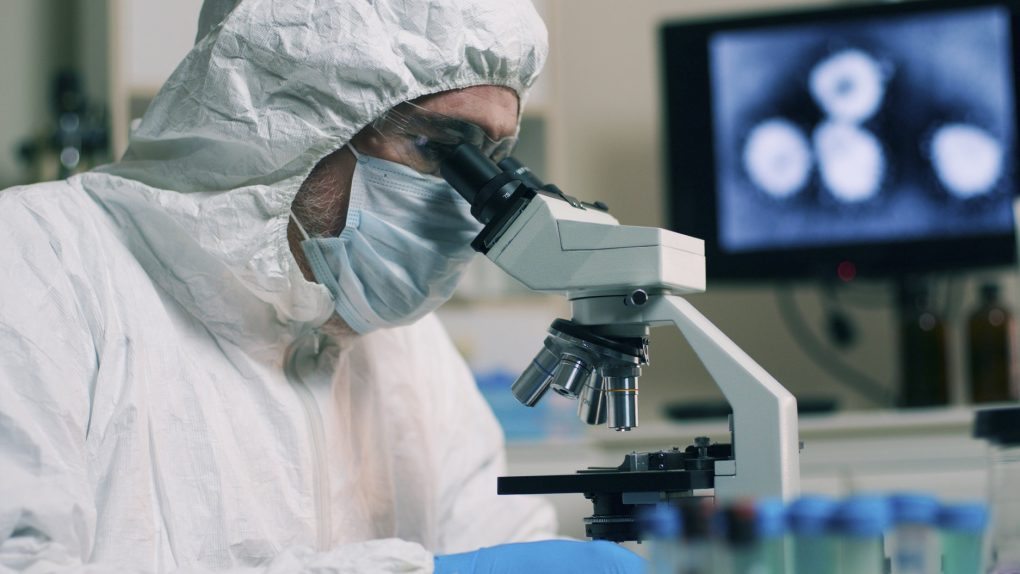Alcohol and cancer risk are closely tied, a new study indicates. Researchers have concluded that over 741,000 cancer diagnoses last year can be linked to alcohol consumption. That’s more than 4.1% of the total number of new cancer patients diagnosed last year. The study indicates that regular and heavy drinking are risky behaviors that can lead to cancer. But even moderate drinking is enough to cause as many as 100,000 cases a year.
Researchers found that males are more likely to get an alcohol-related cancer diagnosis than women. They also tied specific countries in Central and Eastern Europe and Asia with increased risks of alcohol-related cancers. However, the geographical distribution of alcohol-linked cancers might see significant changes following shifts in alcohol use in certain regions.
For the research, the authors looked at alcohol use across the world in 2010. They assumed a 10-year latency period until diagnosis. They then calculated how many new cases last year could be attributable to some form of alcohol drinking.
Cancer risk increases with alcohol use
The cancer risk is significantly higher for men who consume alcohol than women. About 75% of the 741,000 cases were in men who drank alcohol.
Researchers said the most common cancers involved the esophagus, liver, and breast (in women). They found that adding stomach and pancreatic cancer increased the cancer diagnoses figure to over 808,000 for 2020. Sensitivity analysis in which the authors accounted for former drinking increased the number of cases to nearly 926,000.
The authors also looked at the amount of daily alcohol intake and cancer risk. They found that heavy drinkers were more likely to face a cancer diagnosis in the future. But even smaller amounts of alcohol use were a risk factor for cancer development. Drinking one or two drinks per day might be enough to cause more than 100,000 cancer cases.
The study said that consuming less than 20g of alcohol (two alcoholic drinks) translates to a moderate risk of cancer. They labeled the use of up to 60g of alcohol per day as risky drinking. They said more than 60g per day amounts to heavy drinking.
Heavy drinkers saw the most cancer diagnoses, at over 346,000. Even people who drank only 10g of alcohol per day were at risk of developing cancer 10 years later. Some 41,000 cases in the study resulted from just one alcoholic drink per day.
Interestingly, “the highest frequencies of alcohol-attributable cancers were in males drinking from 30 to less than 40g per day and 40 to less than 50g per day and in females drinking from 10 to less than 20g per day and 20 to less than 30g per day.
Alcohol use trend changes
The scientists acknowledged that drinking trends had shown an encouraging decrease in recent years, but other regions might see significant increases.
The authors concluded that health officials need to do more to inform the public about alcohol use and cancer risk in the future:
Our findings highlight the need for effective policy and interventions to increase awareness of cancer risks associated with alcohol use and decrease overall alcohol consumption to prevent the burden of alcohol-attributable cancers.
The study also indicates that “tried-and-tested taxation policies have resulted in decreased population alcohol consumption in central and eastern Europe and could be implemented in other world regions that do not yet have effective alcohol policies.”








